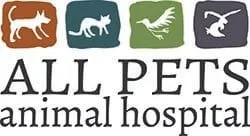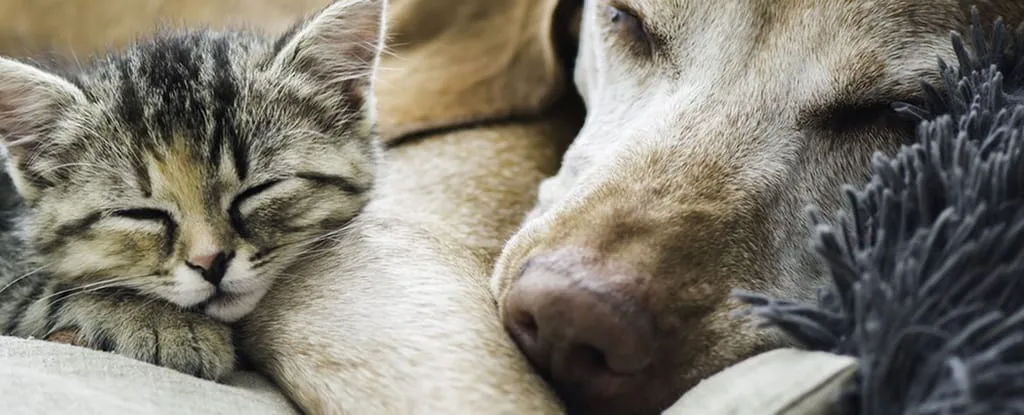Feeding your bird a healthy diet is one of the best things you can do to insure long-term health. A healthy diet affects everything from the feathers to the immune system, and the correct diet can help your bird fend off illness and disease.
Unfortunately, many people still believe that birds can survive on a diet of seeds alone. Seeds are actually high in fat but low in nutrition. To stay healthy, birds need a balanced diet of dark-colored fruits and vegetables, whole grains, legumes and small amounts of protein. Seeds may comprise a small part of the diet, but they should not be a staple.
Pelleted Diets: Many manufacturers now produce “pelleted” diets for pet birds. These diets are somewhat like dog kibble, containing carefully researched ingredients uniformly distributed through the pellets. Pellets work well as the “staple” part of the diet, because they can be left in the bowl throughout the day, and they contain fairly consistent nutrition. All Pets Animal Hospital recommends Harrison’s Bird Diet brand of pellets. This food is made from human-grade organic ingredients, and has many years of respected research behind it.
Soft Foods: Because no two bird species have the exact same dietary requirements, we cannot claim that pellets are a perfect diet for any one species. For this reason, it is important to supplement your bird’s diet with “soft foods”. The following is a guideline of foods to feed:
Fruits and Vegetables: Dark colored fruits and vegetable should be offered to your bird daily. In general, the darker the color, the more nutritious the produce. Healthy
examples include: mangos, papayas, broccoli, green beans, snap peas, kale, bell peppers, and “greens” (turnip greens, dandelion greens, etc.).
Whole Grains: These can be in the form of breads and cereals, or you may feed cooked brown rice, whole grain pasta, etc.
Beans and Legumes: These add protein to your bird’s diet and are a tasty addition to your fresh mix. Try using (unsalted & cooked) pinto beans, black beans, northern beans or
garbanzo beans.
Sprouted Seeds: Many bird supply sources now sell seed sprouting kits. “Sprouting” means that you allow your bird’s seeds to start growing. Once the sprout (young
plant) appears from the seed, it can be eaten, providing a healthy alternative to regular seeds.
Dietary No-Nos: Avocados and chocolate can be toxic to your pet bird and should never be fed. Raw milk products should be limited because birds are lactose intolerant. Finally, remember that birds’ systems are sensitive, so no high-salt, high-sugar or high-fat snacks should be offered.
Fun Feeding Ideas: Making food for your bird can be a long chore for the mornings, making mixes in bulk ahead of time can be helpful. Try these helpful ideas:
Ice Cube Trays and Muffin Pans: Freeze meal-size portions in ice cube trays or muffin pans. In the morning, you can simply defrost a cube and give your bird a delicious, hot
meal!
Breads: You can add healthy “soft food” ingredients (fruits, veggies, beans and legumes) to healthy bread mixes (such as whole-wheat and zucchini) to make a tasty bread treat for your
pet.



